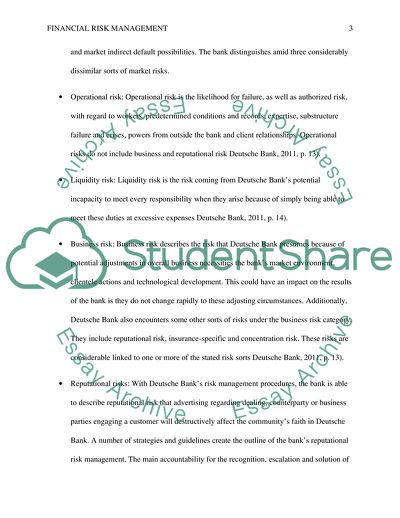Cite this document
(Financial risk management Assignment Example | Topics and Well Written Essays - 1500 words, n.d.)
Financial risk management Assignment Example | Topics and Well Written Essays - 1500 words. https://studentshare.org/finance-accounting/1772664-financial-risk-management
Financial risk management Assignment Example | Topics and Well Written Essays - 1500 words. https://studentshare.org/finance-accounting/1772664-financial-risk-management
(Financial Risk Management Assignment Example | Topics and Well Written Essays - 1500 Words)
Financial Risk Management Assignment Example | Topics and Well Written Essays - 1500 Words. https://studentshare.org/finance-accounting/1772664-financial-risk-management.
Financial Risk Management Assignment Example | Topics and Well Written Essays - 1500 Words. https://studentshare.org/finance-accounting/1772664-financial-risk-management.
“Financial Risk Management Assignment Example | Topics and Well Written Essays - 1500 Words”. https://studentshare.org/finance-accounting/1772664-financial-risk-management.


